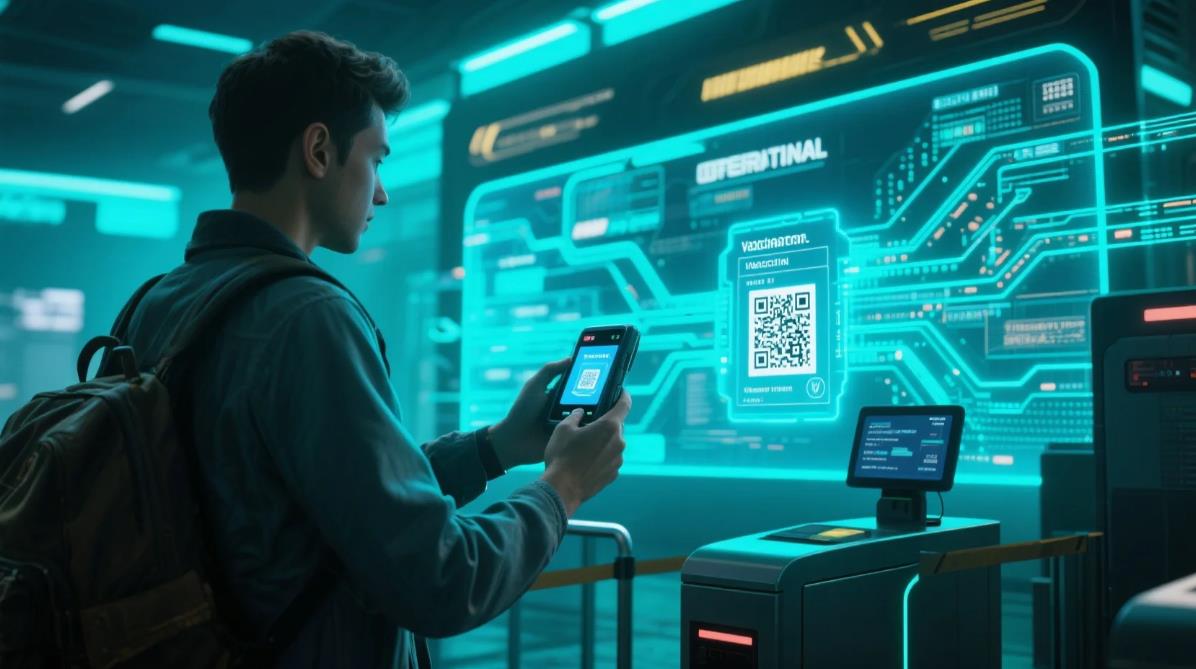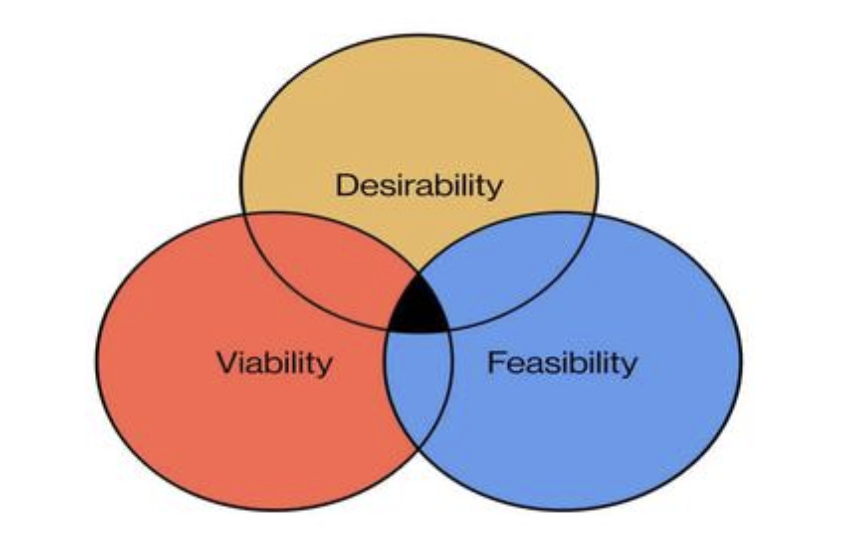Beneath the surface of every financial transaction lies an antiquated system of identity verification that costs the global economy $50 billion annually in fraud and friction. A quiet revolution is underway as decentralized identity (DID) systems - powered by blockchain and zero-knowledge proofs - emerge as the missing infrastructure for the digital age. Unlike traditional credentials stored in vulnerable databases, these self-sovereign identities allow individuals to prove aspects of themselves without revealing underlying data. The implications are profound: early adopters report 80% reductions in customer onboarding costs while achieving near-perfect fraud prevention.
The mechanics of DID reveal why this technology is so transformative. Imagine walking into a bank and instantly qualifying for a mortgage by cryptographically proving your income, credit history, and employment status - without ever revealing your employer's name or exact salary. This paradox of "verified anonymity" is made possible through verifiable credentials issued by trusted entities (like governments or employers) that can be selectively disclosed using smartphone wallets. The European Union's digital identity framework, set for full rollout in 2024, will enable citizens to open bank accounts across borders in 47 seconds - compared to the current 17-day average when dealing with international paperwork. Even more revolutionary are the micro-credentials now emerging: a freelance designer could prove their Photoshop certification from Adobe without exposing other personal data, while a small business could verify its cash flow to suppliers without sharing full accounting books.

Financial institutions are racing to adapt to this new paradigm. JPMorgan's Liink network now processes DID-verified cross-border payments with settlement times reduced from days to minutes. Singapore's MAS has pioneered a "verify-once" system where customer due diligence completed at one bank becomes portable across the entire financial sector. The most innovative applications emerge in decentralized finance - platforms like Nexo now offer instant loans against cryptocurrency collateral where the borrower's identity is verified but never stored. This creates a paradoxical advantage: more secure transactions with less personal data at risk. Early data suggests DID could reduce operational costs for lenders by 30-40% while paradoxically improving regulatory compliance.
The corporate world is undergoing its own identity revolution. Microsoft's Entra Verified ID service allows employees to prove their employment status to third parties without involving HR departments. Supply chains are adopting DID to create "trust networks" where each participant can verify others' certifications without accessing sensitive business data. Perhaps most intriguingly, machine identities are becoming as important as human ones - IoT devices equipped with DIDs can autonomously negotiate service contracts and process micropayments, enabling entirely new business models where devices participate directly in financial ecosystems.

Implementation challenges remain significant. The "key management" problem - ensuring users don't lose access to their digital identities - requires innovative solutions like social recovery networks. Regulatory frameworks vary wildly by jurisdiction, with some countries requiring identifiable transactions for certain financial activities. The most profound hurdle may be behavioral: convincing users to think of identity not as something institutions grant them, but as something they own and control. Educational initiatives like the Decentralized Identity Foundation's awareness campaigns are proving crucial to mainstream adoption.
As the technology matures, we're witnessing the emergence of "context-aware identities" that automatically adjust verification levels based on transaction risk. A 10 coffee purchase might require minimal proof,while a10 million real estate deal could trigger layered credentials from multiple trusted sources without any single entity holding complete personal data. The next frontier involves "reputation oracles" that allow strangers to transact based on verified behavioral histories rather than personal identification. In this emerging paradigm, trust becomes both more robust and more private - the ultimate paradox for the digital age. Financial services will no longer be about who you are, but what you can prove about yourself without ever revealing the underlying facts.





